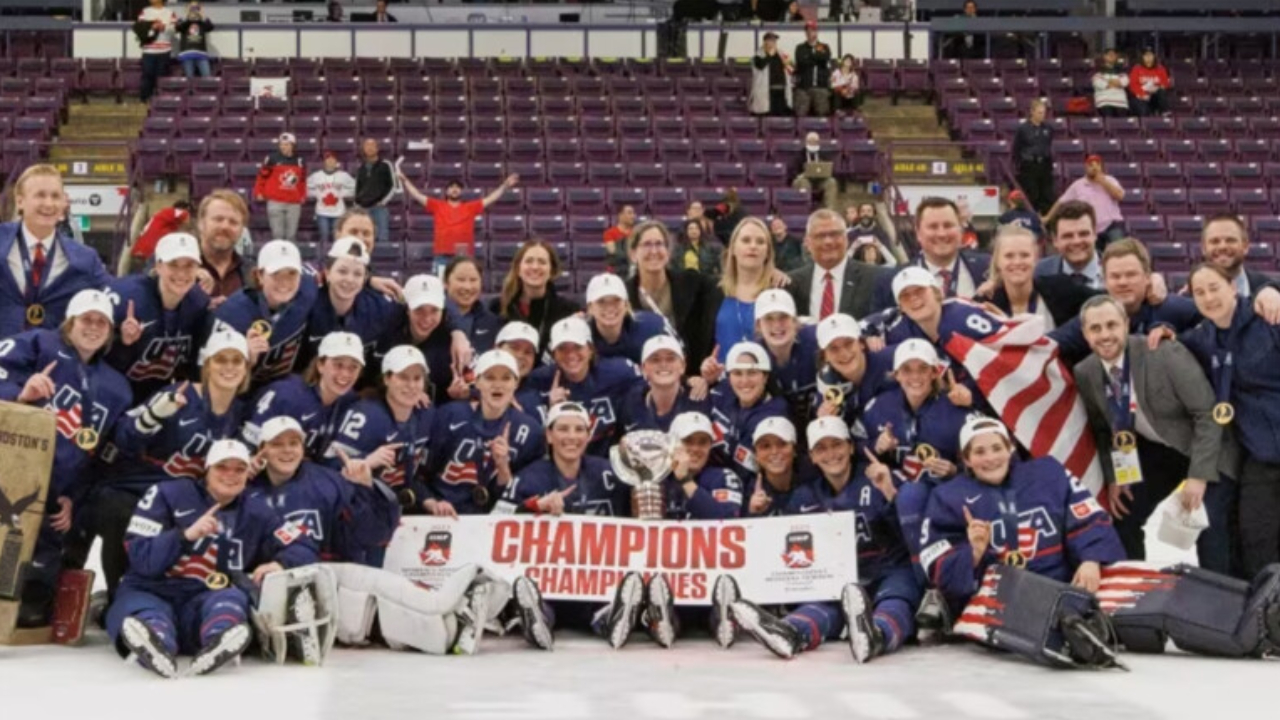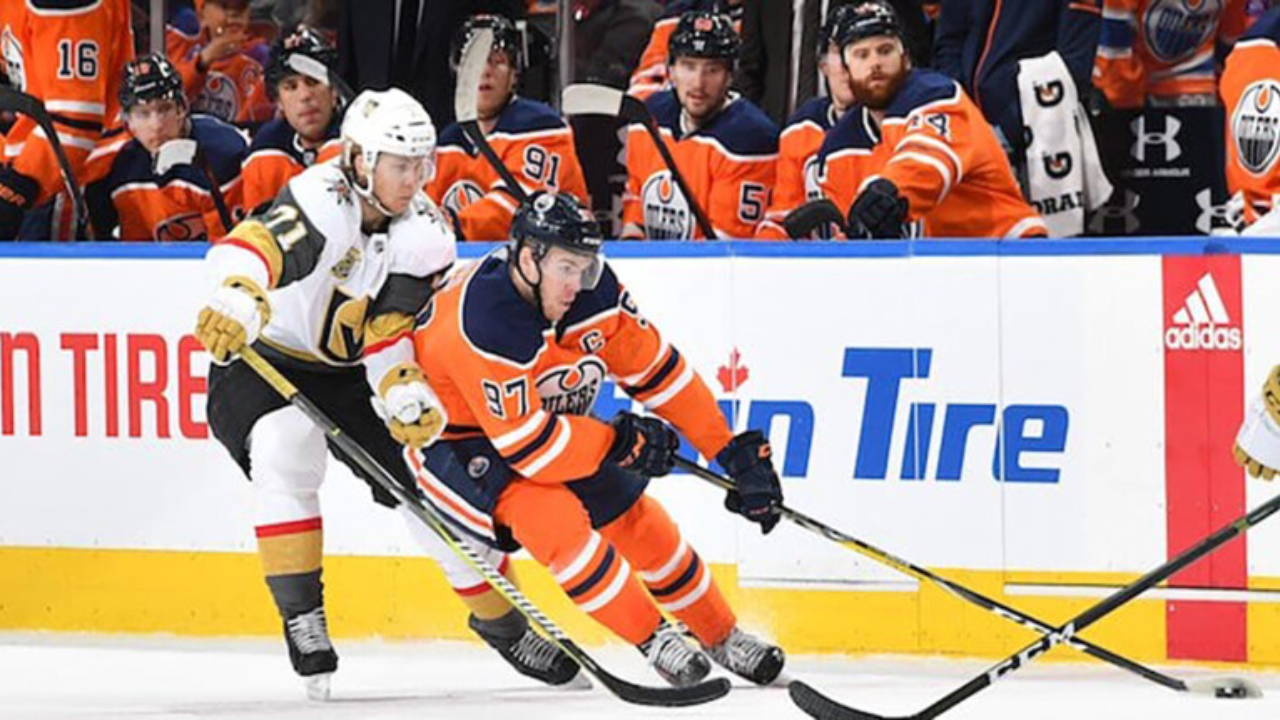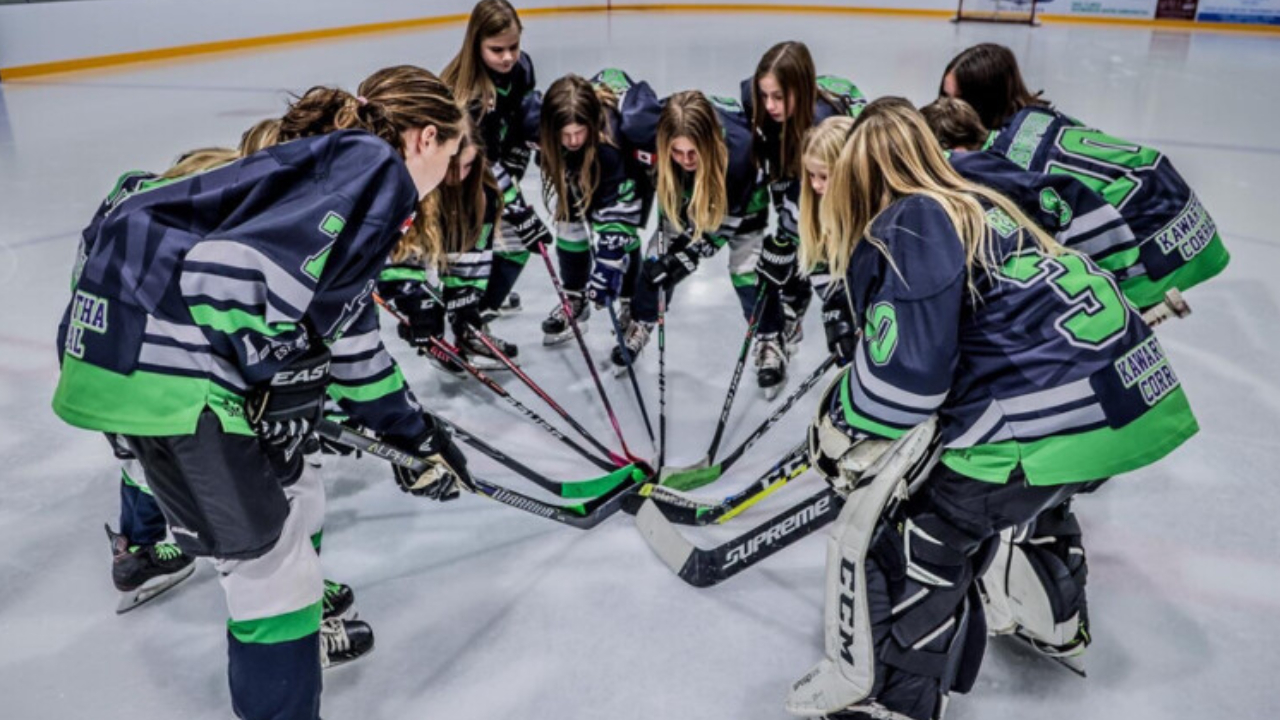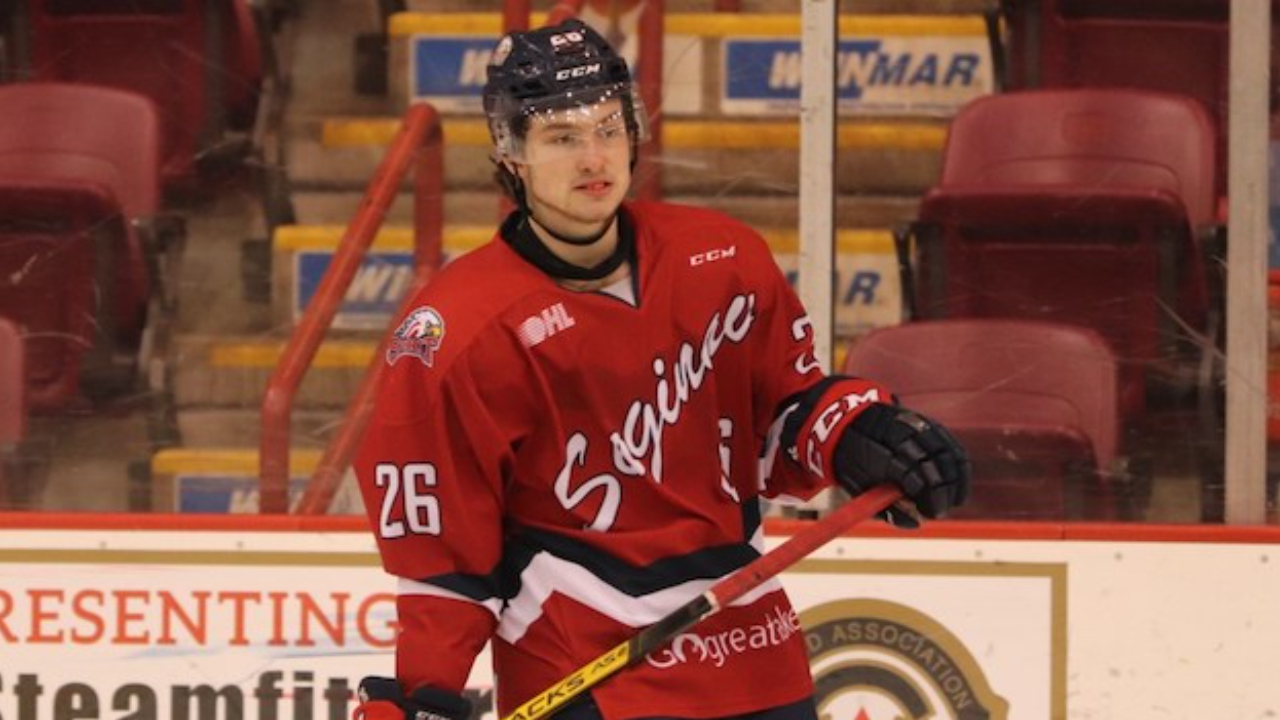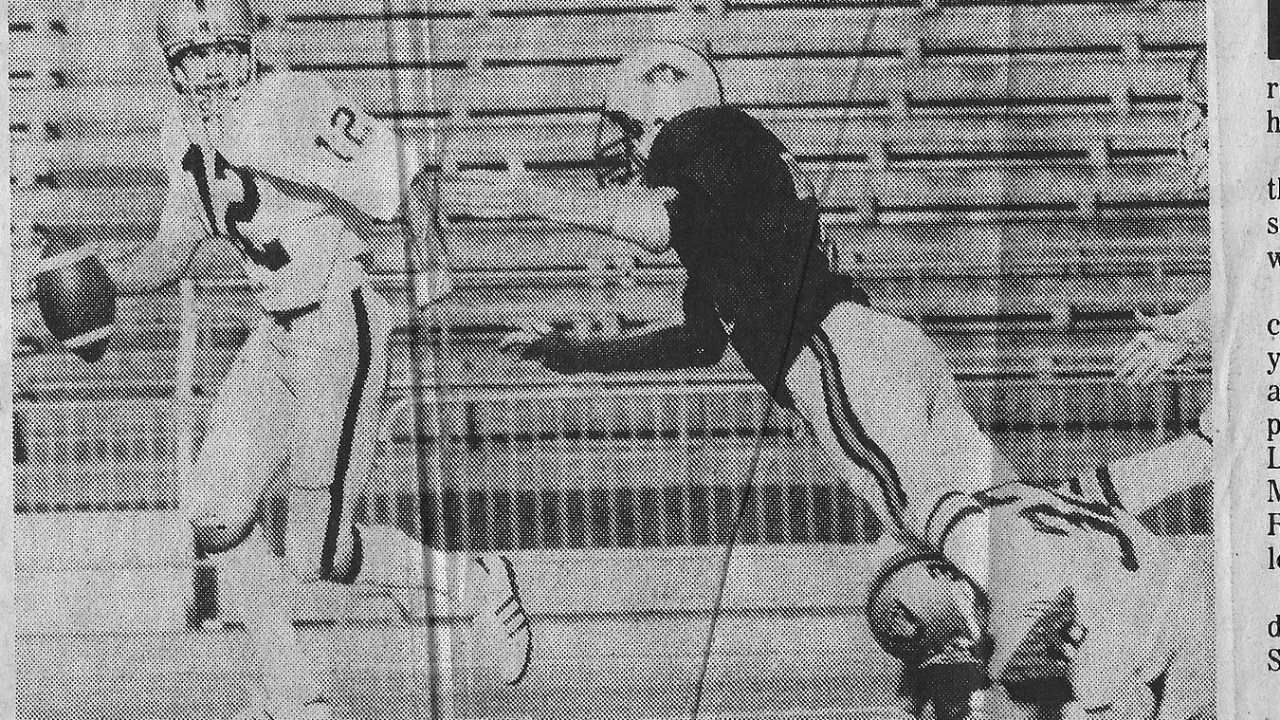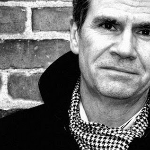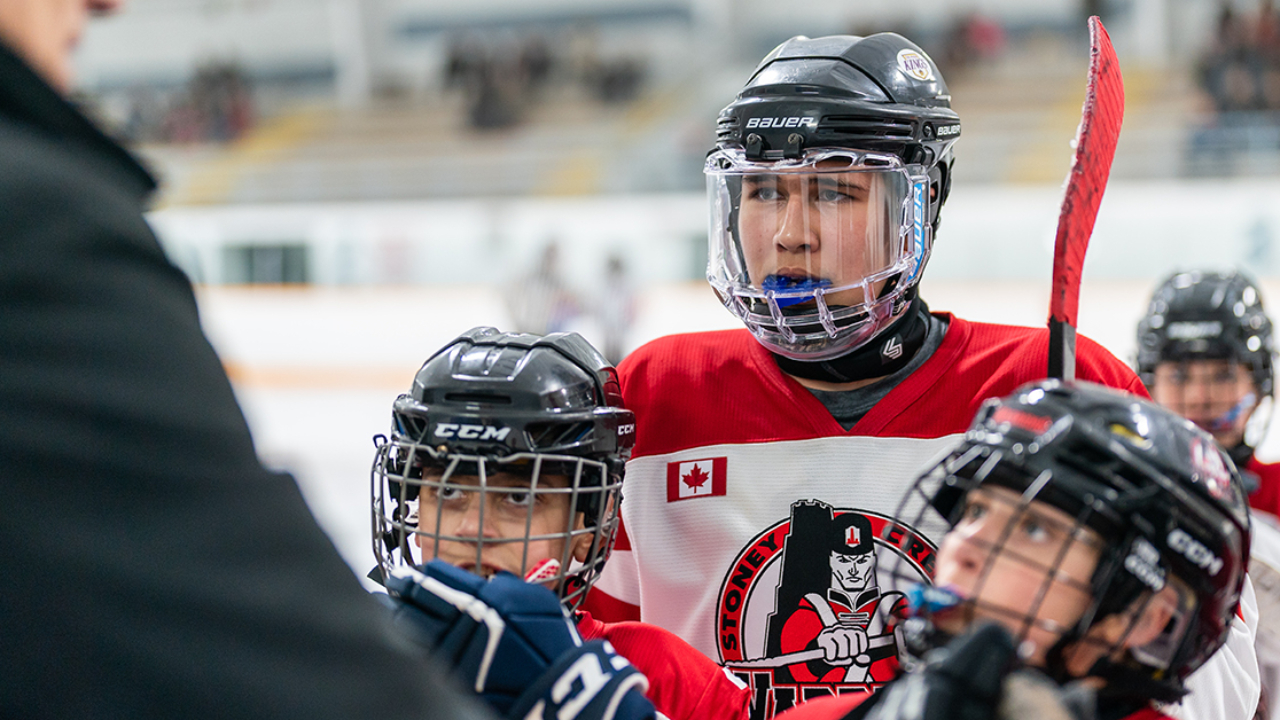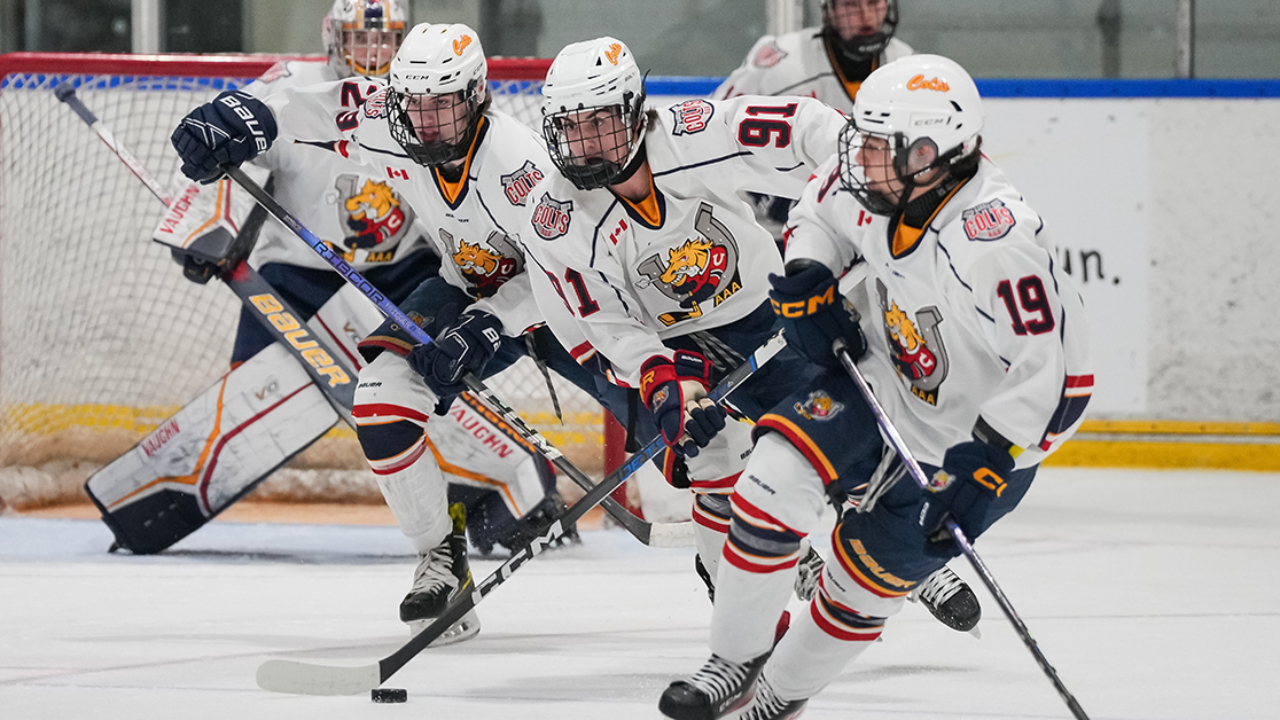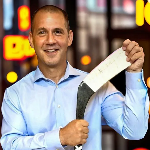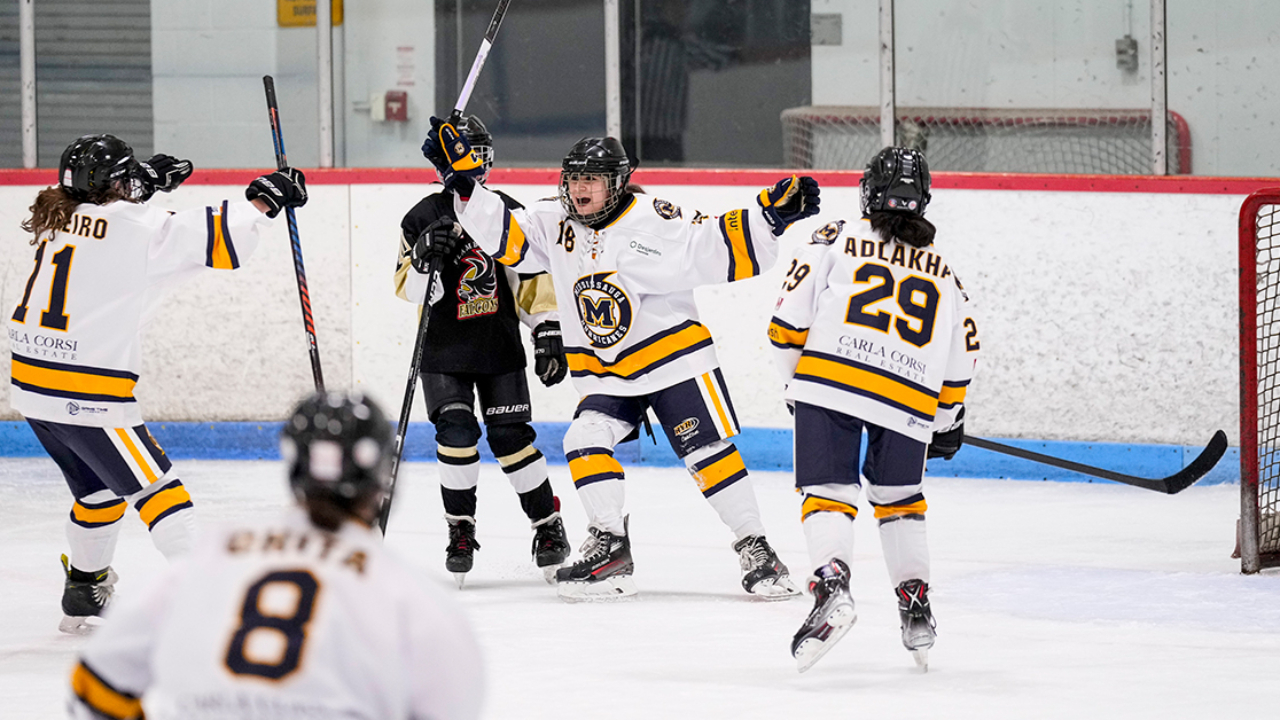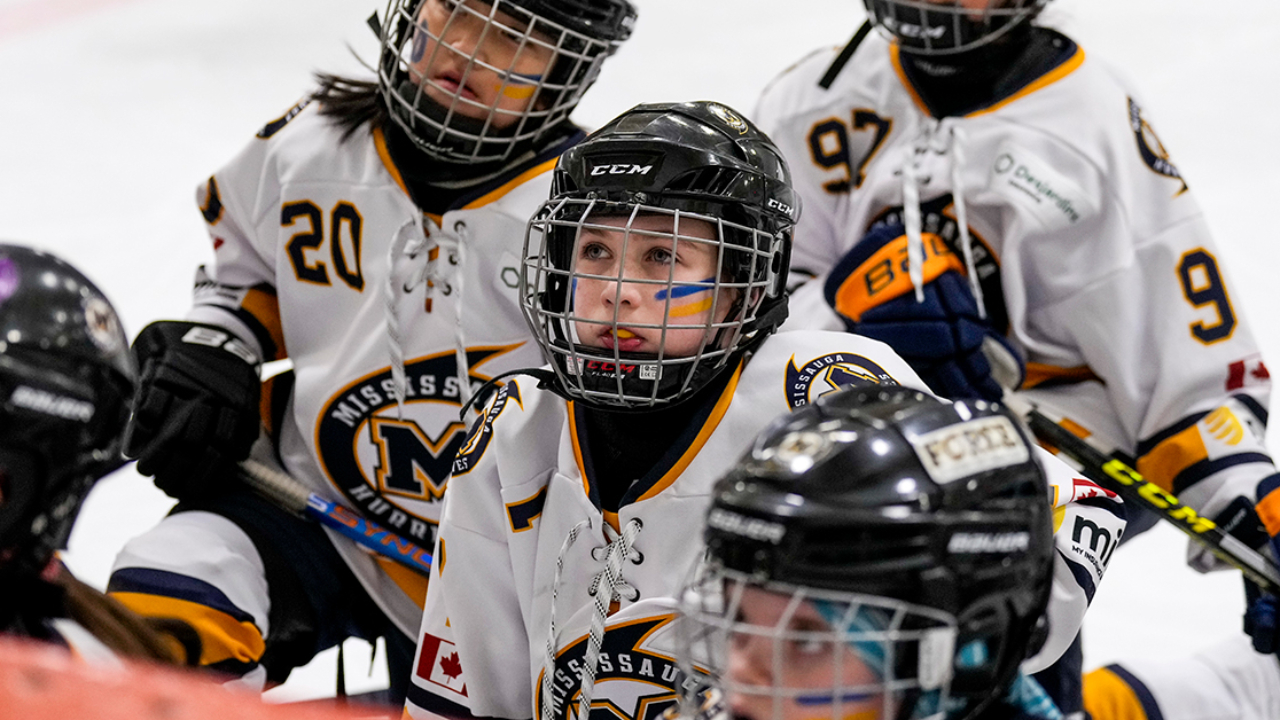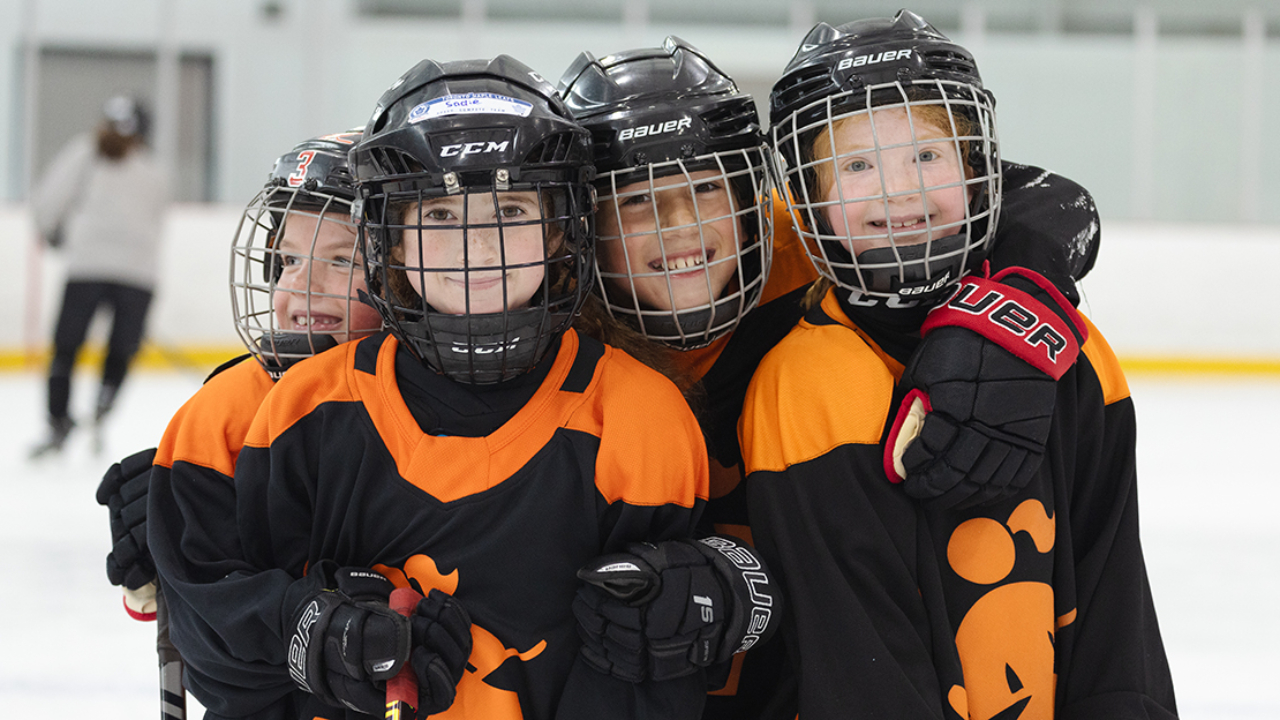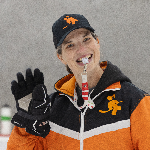
Over the years as a teacher, I’ve observed that many students especially at the Grade 9 level lack self-confidence. They constantly second guess themselves and their abilities. They want to do so well, but they are so scared to make a mistake or mess something up that they second guess themselves at every turn.
They are so eager to impress, their self-confidence takes a massive hit. Over the years as a coach and scout, I’ve witnessed the exact same thing especially amongst first year players wanting to make an impact at a new level.
Why second guess yourself?
Why sabotage your progress and performance?
I guess the most important questions to ask is how, when and why did the student’s or players confidence take a hit in the first place?
Did a teacher or coach in the past play a part in tearing down their confidence or have they always second guessed themselves when it comes to their ability and subsequent performance?
Some students and players could potentially feel scared to take risks, scared to create because they fear the outcome or reaction of the coach or teacher.
Could past experiences involving teacher/student or coach/player relationships dictate future interactions?
Obviously, building relationships is critical, everyone knows that, but why aren’t more teachers and coaches putting in the time to improve that aspect of their teaching/ coaching styles, strategies and practices?
A student and a players’ demeaner change almost instantly when they feel supported and praised. Clearly, positive reinforcement and feedback go a long way, but students and players also need structure, guidelines and should be well-aware of the expectations within the team or classroom environment.
Athletes hate talking about it in fear of losing or having their secret weapon disappear. They just don’t want to jinx it. Those brave and courageous enough to mention it have experienced the highs and lows of the most lethal weapon in their arsenal, their confidence.
Confidence is any athletes greatest ally or worst enemy.
The battlefield is one played in the mind. The game within the game, the search for confidence. A player’s confidence can come and go, but along the way it reveals their true character, passion and resiliency, that’s what makes many hockey player’s journey in the game at any level so special.
The student that constantly struggles with the content, but puts the work in and figures things out and then excels in that subject area learns more about themselves which is a true indicator of lifelong learning.
As they say “the road less travelled is often the most rewarding,” but every athlete and student can name the coach, teammate or teacher that was a difference maker in their path. Every athlete can remember the moments when their confidence was lacking or disappeared.
Every athlete experiences the ups and downs of the sport from time to time, but hitting rock bottom when it comes to the emotions and confusion of losing your confidence can be debilitating.
That adversity can define their overall experience, their season and ultimately their future in the sport. That adversity can define their overall educational experience, their high school years and ultimately their future and career pathways. Obviously, mistakes happen all of the time in the game of hockey and players can’t always experience success, but how much can a young player tolerate or endure before they lose their confidence?
“Clearly that’s up to them.”
“Oh, they will have to get a lot tougher mentally if they want to make it.”
“They need to figure that out on their own.”
“I’ve taught them and showed them what to do a hundred times, and they still can’t figure it out.”
You hear those phrases being thrown around a lot.
Confidence is intrinsic, but it can from a lot different places which definitely adds layers to any athletes or student’s arsenal. You see this is where the disconnects lies in many cases of the game or classroom. It would be wonderful to see every young athlete have coaches or mentors like mine (Dale Turner and Chuck Cormier to name a few) that would lift a person up instead of putting the player or student down or burying their confidence.
Don’t get me wrong some the best coaches and teachers I ever had would never shy away from a dose of reality, but you knew as a player, student and person they had your back, no matter what, they believed in you, they had confidence in you.
Sure, it might always come back to the person, the kid and their make-up, but where do the adults in their lives fit in the grand scheme of things?
How supportive are they?
How much pressure are they putting kids under?
Obviously, confidence can come from a vast array of places. The value of confidence isn’t a secret. It can define anyone’s journey, but what role do their parents, teachers, coaches play in their overall confidence?
Confidence comes with opportunity, confidence comes from experiencing positive results, but sometimes young players need to hear positive feedback from those adults in their lives that matter most, the ones that they admire.
The smallest message of encouragement can take an athlete or student to amazing heights.
Some might say a dose of reality is the best teacher, to each their own, but a boost of confidence is simply uplifting especially if it comes from the right person or an unexpected, respected source or figure within the game at the right time.
Kids these days can see through all the surface area insincere taps on the back or wishy-washy feedback. What kids these days need are reps, experience, room to fail and grow in a safe understanding, fun atmosphere, or environment. Nonetheless, the most important aspect in all of this is they need someone that will communicate, someone that’s able to reach them on the personal level.
At the pro level that might be accountability, but at the minor hockey league level or the classroom all young athletes and students need someone to tell them how valued they are, not how good they are, but just how important they are and how important their efforts are as well. That on its own will be enough for any young person’s confidence to soar.
Kids these days don’t need to toughen up, they need to learn about themselves, they need to learn about what makes them tick, how they handle pressure, how they cope with adversity.
That doesn’t mean that it has to be thrown in their face every time they go to the rink or step in a classroom. They have to be challenged, but they need to understand the power of confidence and how it will dramatically affect their journey in the game, school and life. They need support. They need encouragement.
Confidence can come from all different places. Case in point, have you ever told a 14-year-old kid that they are doing great and have them start crying?
Have you ever told a kid how proud you are of them and have them cry almost instantly? Kids need positive feedback, kids need to feel valued, kids need a confidence boost, a matter of fact we all do.
Confidence is any athletes greatest ally or worst enemy. The battlefield is one played in the mind. The game within the game, the search for confidence.
How did they lose their confidence? How did they find their confidence?
When did they lose their confidence? When did they find their confidence?
Why did they lose their confidence? Who taught them how to find their confidence?
Let’s empower kids, let’s be a source of reality, but more importantly a source of confidence.
Are you the coach that kids talk about? Did you help a player with their confidence?

